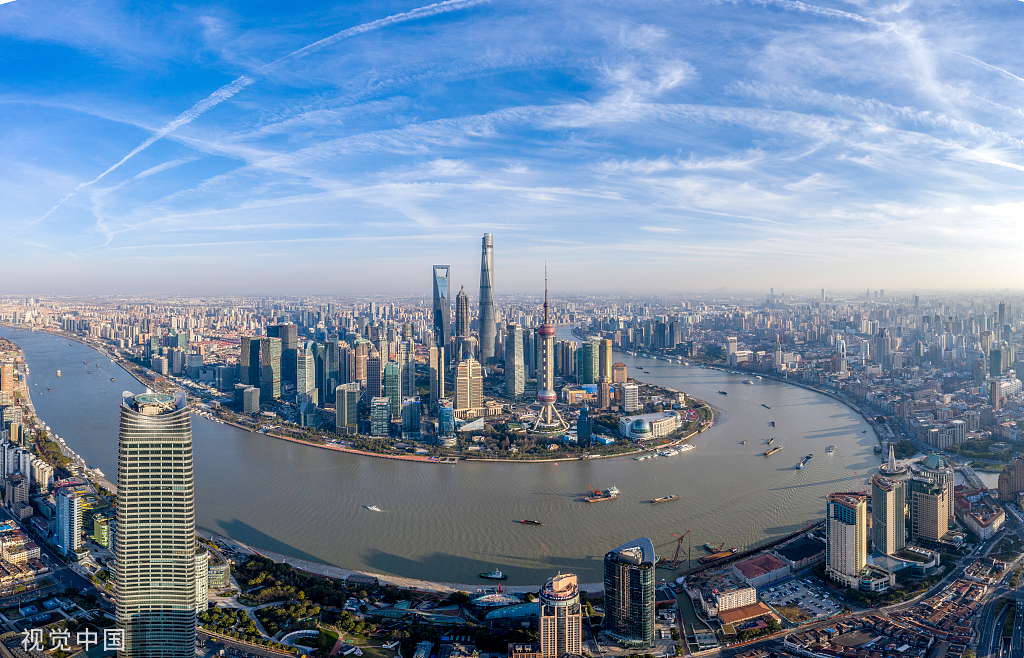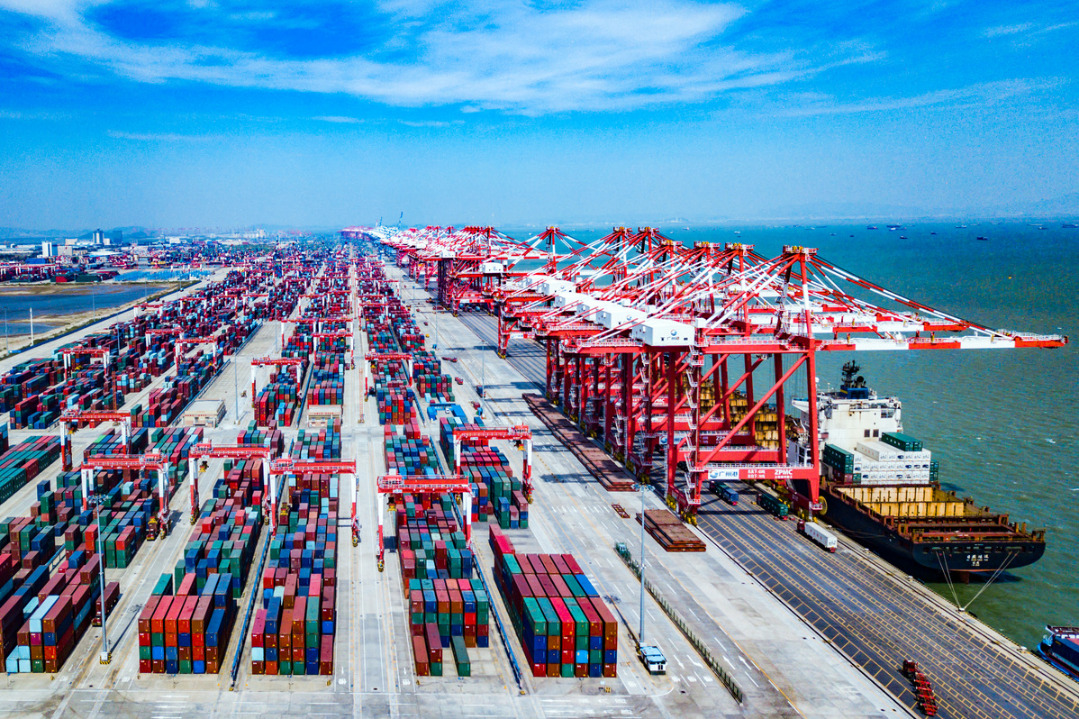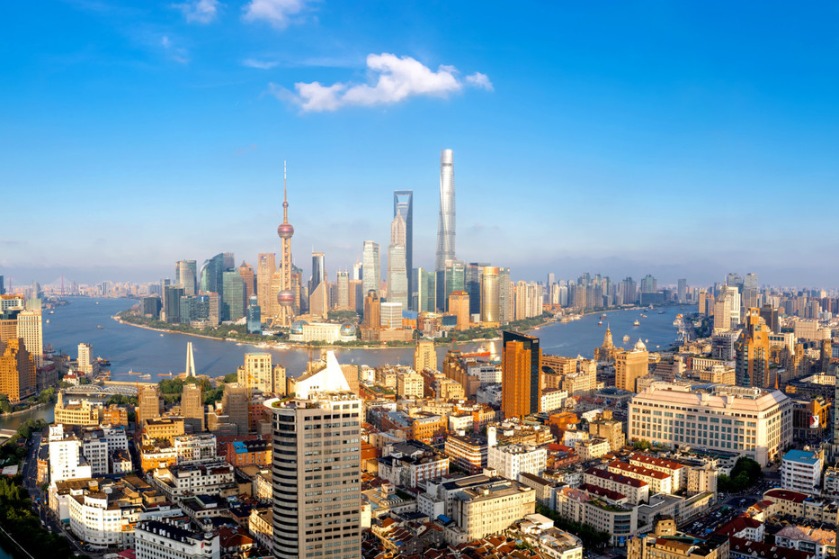Greater economic openness key to community with shared future


The World Openness Index, which is compiled by domestic institutions to gauge the openness level of the world's major economies, has been declining since 2008, falling by 5.4 percent cumulatively to 0.76 in 2022, and under the influence of tightening macro policies, geopolitical tensions, climate change and other factors, the openness of the world economy continued to be affected in 2023.
The world's economic openness is expected to remain sluggish this year, further decelerating the pace of the global economic recovery. The latest World Economic Outlook issued by the International Monetary Fund predicts that the global economy will grow 2.9 percent in 2024, 0.1 percentage points lower than in 2023, with both developed and emerging market and developing economies projected to grow 0.1 percentage points lower than in 2023. Due to structural challenges, including the trauma caused by the pandemic, weak investment momentum, increased debt vulnerabilities, and unresolved funding shortfalls, the world economy is at risk of suboptimal growth.
Because of the Israel-Palestine conflict and some structural factors, the uncertainty involving the world economy and international trade will continue to be high. Current global macroeconomic conditions and geopolitical tensions do not facilitate a significant pickup in global FDI. The plan to fully implement a global minimum corporate tax rate of 15 percent from the end of 2023 will make once-low-tax economies less attractive to outside FDI.
However, there is hope. Driven by digital connectivity and technological advances, the trade in digitally delivered services is expanding rapidly and digital technology is becoming a key force driving the development of international trade. Even if trade restriction policies adopted by many countries exert a strong oppressive force, the advanced productivity represented by digital technology will eventually break various barriers to promote trade integration and "reglobalization" to become a source of world economic prosperity.
Growing concerns about national security are becoming the key variables affecting world openness, but in the era of globalization, the openness and security of one country are inseparable from the openness, development and security of the whole world, and only by building a community with a shared future and taking into account the positions and interests of other countries, can the global common security be maintained. For further development, all countries should work to break the current dilemma, reverse the "anti-globalization "momentum, and realize consensus on greater world openness.
ECONOMIC DAILY


































